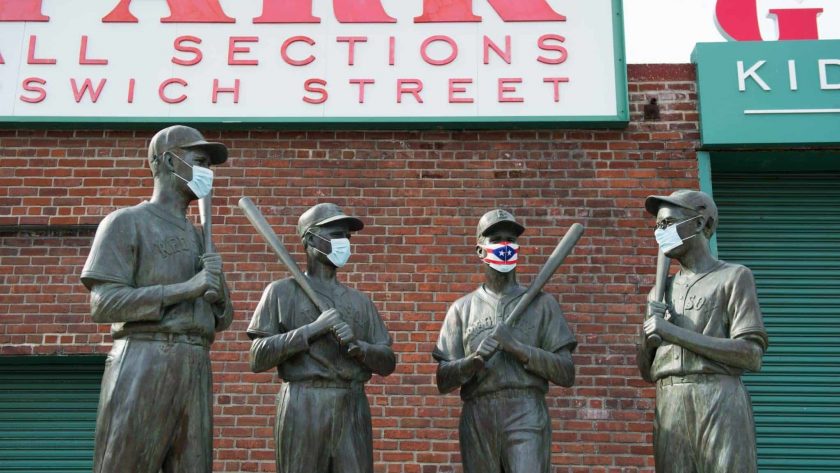Massachusetts House Leaders Propose 2022 Budget With No Sports Betting Revenue

In what could potentially signal a dire ending for Massachusetts sports betting in 2022, lawmakers have proposed a $47.6 billion budget that does not include any sports betting revenues in its spending plan.
According to Steph Solis of Mass Live, Massachusetts House Leaders have no intention of including any potential sports betting revenue streams in the 2022 fiscal year budget, perhaps portraying a grim future for the state’s sports betting chances.
At a time when so many east coast states are legalizing sports betting, including the recent approval of a New York online sports betting plan and Maryland sports betting in general, Massachusetts lawmakers are making their sports betting intentions known loud and clear.
House Signaling its Uninterest in Gov. Baker’s Proposed Sports Betting Plan?
Massachusetts Gov. Charles D. Baker is firmly in favor of legalized sports betting for the state. Baker recently filed a bill, HD 678, in January 2021 to legalize online and in-person sports betting to allow the commonwealth to compete with other states.
“Existing Category 1 and Category 2 gaming licensees would be permitted to offer in-person sports wagering at on-site sports wagering lounges and would also be able to provide online-based sports wagering either on their own or in partnership with online gaming operators. This legislation would also allow online sports wagering on websites and mobile applications that are not affiliated with a casino,” BaKer wrote in the bill.
Baker’s bill would impose a 10% tax rate on in-person sports betting and a 12.5% rate on online sports betting. By regulating gaming in the state, Massachusetts consumers would be better protected from illegal offshore sportsbooks and the state could likely bring in a projected $35 million in revenue in the program’s first year.
Interested license applicants would pay $100,000 up front, and then an additional $500,000 if approved, for a total of $600,000 for a license. There is no mention of a license cap or details on what would go into the application process.
There is still time in the current legislative session to come to an agreement and keep Massachusetts from continuing to face a “competitive disadvantage from other states.”
“Again, I am refiling the legislation that I had previously filed but I am encouraged by the movement that occurred on this subject during the previous legislative session. I know that others may have alternative ideas on the best way to implement and regulate sports wagering in the Commonwealth, and I look forward to working with the Legislature to develop and implement a system that is most beneficial to the residents and consumers of Massachusetts,” Baker wrote.
Covering regulatory developments in online gambling throughout this fine country.






